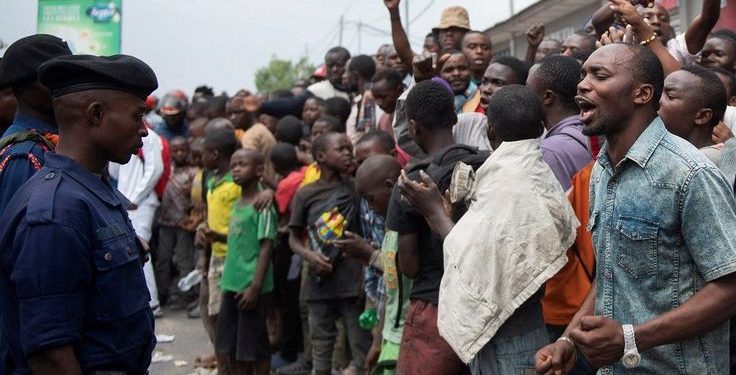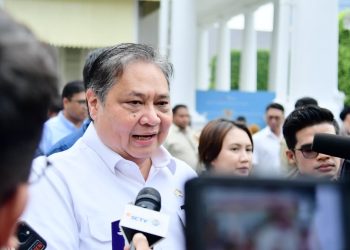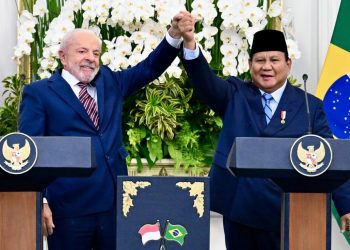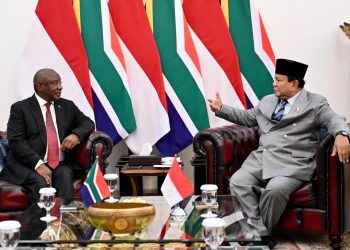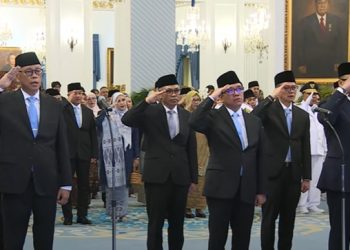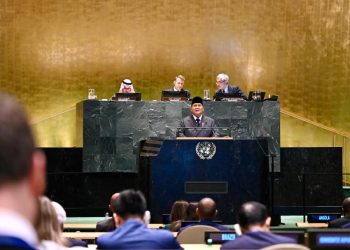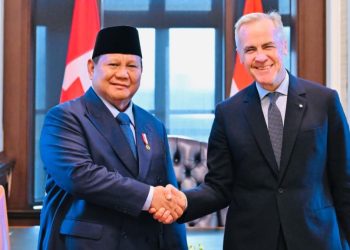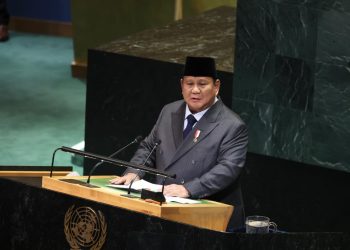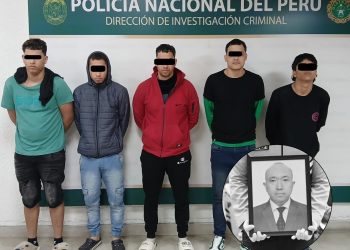Jakarta, Indonesia Sentinel — The Democratic Republic of Congo has executed 102 convicted gang members in the past month, marking one of the largest mass executions in recent history. The individuals were accused of being part of notorious urban criminal groups known locally as ‘Kuluna.’
The Democratic Republic of Congo’s Ministry of Justice announced on Monday, January 6, that executions have been carried out, with more convicts awaiting execution in the next scheduled round.
The executions were carried out at Angenga Prison in the northwest region of Congo. According to CNN, 45 individuals were executed in late December, with the remaining 57 executed in the past 48 hours. While, an additional 70 prisoners from Kinshasa has arrived at Angenga Prison and are reportedly awaiting execution in upcoming rounds.
Congo Justice Minister Mutamba, who directly oversaw the executions, confirmed on Sunday that a third wave of executions is planned, though no specific timeline has been provided.
Congolese Response
The government’s decision to resume capital punishment has sparked sharp divisions among Congolese citizens. Supporters argue the harsh measures are necessary to restore law and order in crime-ridden cities, while critics warn of potential abuses of power and violations of human rights.
Fiston Kakule, a resident of Goma in eastern Congo supports the executions decisions as punishment, stating the current conditions regarding urban crime.
“We welcome this decision by the minister because it will help put an end to urban crime. From 8 p.m. onwards, you can’t move around freely because you’re afraid of running into a Kuluna,” said Fiston Kakule, as reported by CNN.
In contrast, Espoir Muhinuka, a prominent human rights advocate in Congo, condemned the executions, calling for transparency and adherence to judicial processes.
“The situation in Congo is deeply complex and requires a multidimensional approach. Tackling urban gang violence must go hand in hand with addressing poverty, unemployment, and social exclusion,” Muhinuka said.
Death Punishment
Congo reinstated the death penalty in March 2024 after a 20-year moratorium, a controversial decision met with widespread international condemnation. The government justified the move as a necessary step to combat treason, war crimes, rebellion, and urban terrorism.
Congo initially abolished the death penalty in 1981, but it was reinstated in 2006. Despite this, the country had not carried out an execution since 2003.
According to the Daily Telegraph, President Felix Tshisekedi defended the policy, stating it aimed to eliminate ‘traitors’ within the army and curb rising urban crime and terrorism resulting in the death of people. However, rights organizations, including Amnesty International, have heavily criticized the decision.
Human Metapneumovirus (HMPV) Cases Surge, China Faces New Outbreak After Covid-19
Amnesty International’s regional director for East and Southern Africa, Tigere Chagutah, described the policy as a “gross injustice” and a “callous disregard for the right to life.” Chagutah emphasized that regardless of their crimes, every individual has the right to a fair trial and protection under the law.
As the Congolese government proceeds with its crackdown on urban crime, global attention remains focused on whether these measures will bring stability or exacerbate human rights abuses in a nation already grappling with political and social turmoil.
(Raidi/Agung)


